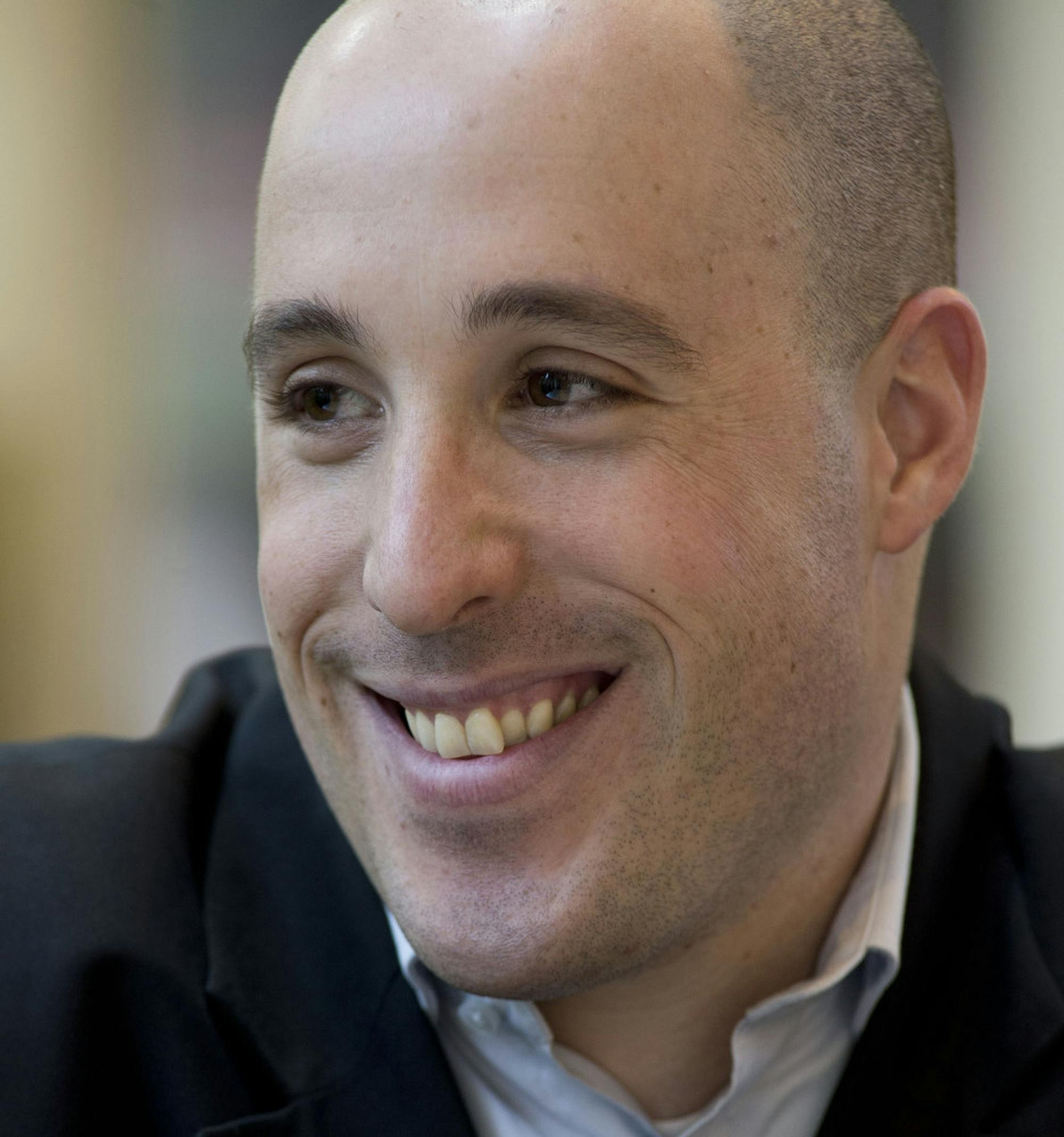George Deek is an Arab-Israeli ambassador born in Jaffa and educated in Tel Aviv, and today he is one of the rising stars in Israel’s Ministry of Foreign Affairs. If he were to hear that next week Tufts is going to have an “Apartheid Week” which conflates South Africa under Apartheid to today’s Israel, the usually very calm diplomat would likely to lose his temper. As Ambassador Deek has stated many times, when Christian, Muslims, Yezidis and Baha’is are being persecuted and slaughtered, there is only one place where they can live in security and dignity -- the State of Israel. Ambassador Deek acknowledges that Israel still has a long road to go before reaching the ideal vision of a society without prejudices and informal social barriers. But he is confident that Israel is heading in the right direction.
Don’t get him wrong -- Ambassador Deek is a proud Arab-Israeli -- he is proud of both his Arab and Israeli identities. He is a model of how two identities can live in harmony in the same person, in the same state. People like him are the best indicators I have to verify that Israeli society is on the right track, though I would prefer traveling this road a little bit faster. The facts are the following: All Israeli citizens -- regardless of their sex, race and religion -- are equal in the eyes of the law. Arab citizens of Israel have the right to vote and to be elected, like any other Israeli citizen. In fact, the Israeli parliament -- the Knesset -- counts many Arab citizens among its members. Some say the Arab party is expected to be the third largest party in the coming elections next month. According to recent media publications, left-wing leader Isaac Herzog propositioned the Arab Knesset members to join his coalition. Their answer was a categorical “no.” Moreover, in mixed cities where Jews and Arabs live together, there are mixed schools where Jews and Arabs study together, as Deek did. Arabs and Jews also study next to one another in Israeli Universities. One moment on the boardwalk in Tel Aviv is enough to comprehend that the reality in Israel has nothing to do with the separation policy between whites and blacks in South Africa.
In South Africa, the regime was based on a racist law that distinguished between citizens on the basis of skin color. In Israel, it is exactly the opposite. Where Israeli law rules, all citizens are equal. The problem is where Israeli law had no jurisdiction -- in the Palestinian territories.
One may infer, as the demonstrators will imply next week, that the solution is one of the two following alternatives: to apply Israeli law to the Palestinian territories or to deny the legitimacy of Israel’s right to exist at all. The first option may sound appealing, but in practice, it means annexing the West Bank and Gaza. This would deny the Palestinians their right to their own state and is as immoral as it is impractical. This approach would face immense opposition from those in Israeli society and the international community who still believe in the two-state solution as the only moral and practical solution to the conflict. Hamas, which controls Gaza, also rejects this solution. Hamas’ aspirations match the second alternative Apartheid demonstrators often propose, which is equally wrong, as it denies the Jewish people their national home. It remains a mystery to me how one who decries the oppression of one nation could seek to negate another.
If the Apartheid demonstrators are truly concerned about the Palestinians and wish to maintain the Apartheid Week initiative, there are much more applicable models in Jordan, Lebanon, Syria and many other countries where Palestinians are treated by the law as second-class citizens. For some reason, these cases of brutal minority oppression by the state are never mentioned during Apartheid week, revealing hypocrisy in the alleged desire to help Palestinians or to promote a peaceful solution to the conflict.
The Israeli-Palestinian conflict has been part of my life for the last 30 years. I have seen the grief it brings to Palestinian and Israeli families alike. I wish to put an end to it. There is no other just solution than two states -- Jewish and Palestinian -- that coexist next to one another. The rights of all citizens and minorities must be guaranteed. Unfortunately, manipulating icons like the Apartheid regime in South Africa only spreads hate and ignorance. It will bring us no closer to peace. Therefore, I call upon those who care, who understand the complexity of the conflict and who are unwilling to give up on the dream for a better future for Palestinian and Israeli children; let’s embark on a Two-States week. Let’s discuss the most sensitive issues, work together to consolidate creative solutions, and fight hate and ignorance as academic institutions in a democratic society should do. How can we work to end the growing hatred against Muslims, Christians, Yazidis and Jews elsewhere in the world if we cannot break the cycle of hatred promoted by Apartheid weeks here at home?
Apartheid Week or Two-States Week – you choose





